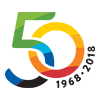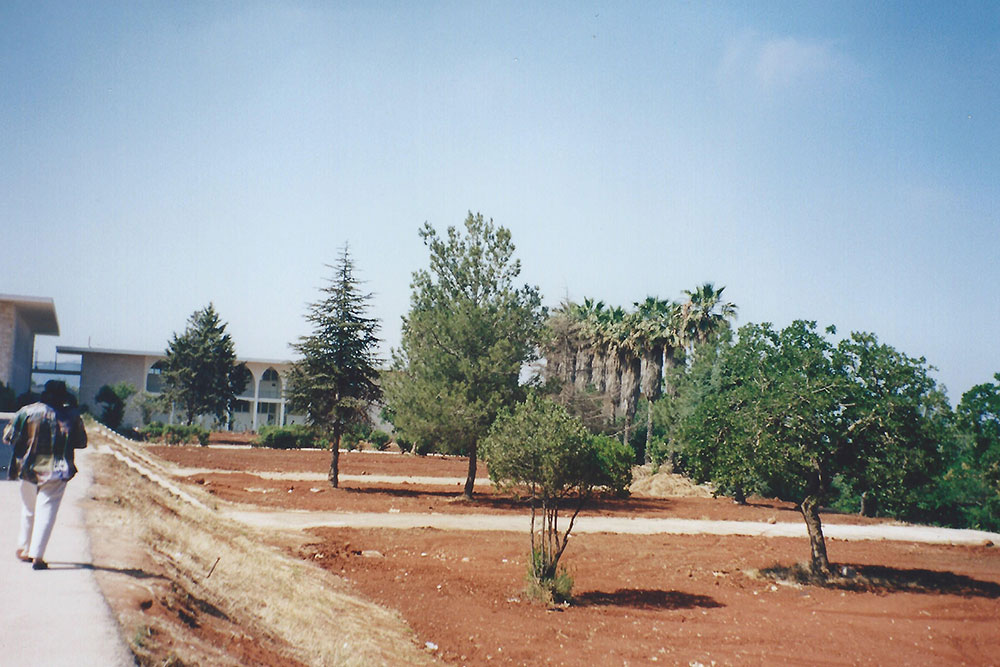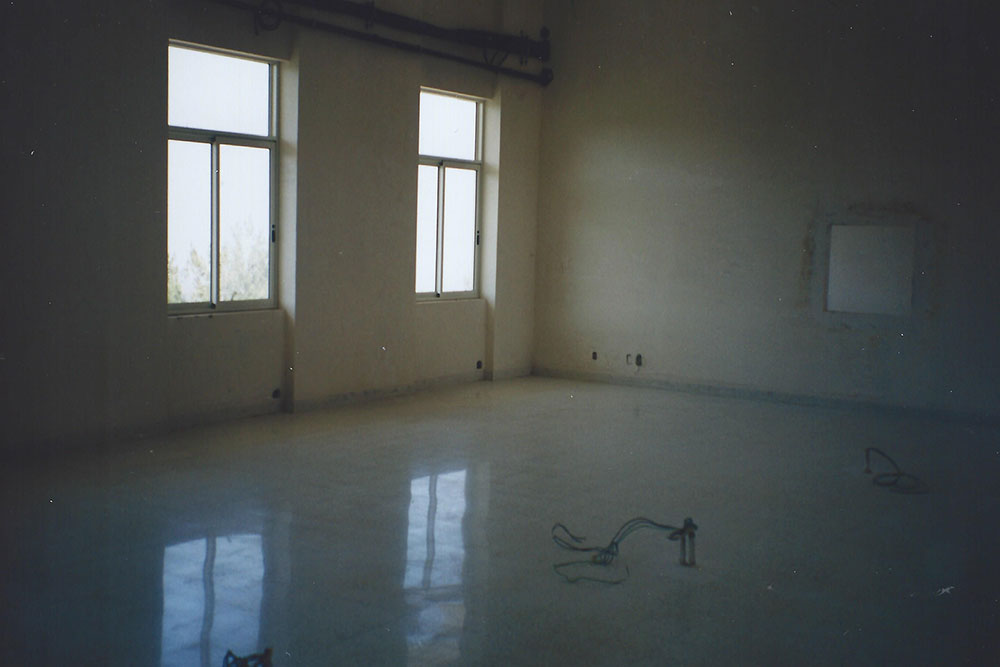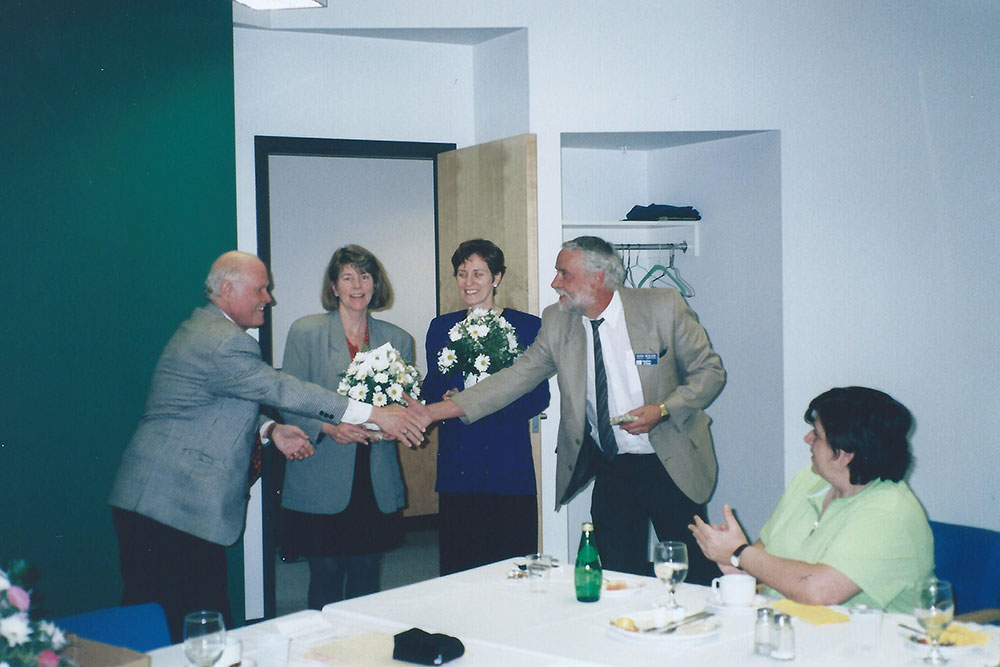Stories
Loblaw in Lebanon
From zero to university:
A short history of Lebanon’s Rafik Hariri University and CapU
When Capilano then-College business instructor Doug Loblaw and then-vice-president Bill Gibson first travelled to the site of a future college 25 kilometres south of Beirut in May 1998, they encountered derelict buildings, walls scarred with graffiti and 10 acres of overgrown land.
They saw the makings of a college.
Loblaw, former chair of the Capilano College business department, taught classes by day and worked on The Lebanon Project from 9 p.m. to midnight to account for the 10-hour time difference between North Vancouver and Lebanon. Most communications happened–slowly–via fax.
In 1997, then-Prime Minister Jean Chretien told Lebanon’s then-Prime Minister Rafik Hariri that Canada would help build a college in Lebanon. The Canadian Bureau for International Education awarded Capilano College the bid because Cap had experience in international education and a two-year business management diploma, with a co-op option, that laddered into an online degree program.
Before courses could be offered, buildings needed paint, furniture, water, sewage and electricity. Faculty and staff needed to be hired, the library, classrooms, a computer room equipped and students recruited.
The civil war that rocked Lebanon from 1975 to 1990 meant Capilano College instructors weren’t vying for jobs there, but Loblaw convinced Bill Inglis, Tony Carter and Karin Vickers to be the first to go. John Brownlee-Baker followed them.
They travelled in bulletproof cars past bombed-out buildings and security guards, but nothing could dissuade Capilano College’s people from the task at hand.
“We had to have a constant belief that we could actually do this,” says Loblaw. “It was like a space shot. You’ve got to have everything ready and it has to be done right, or nothing’s going to work.”
Hariri-Canadian University College opened in September 1999 with Canadian and Lebanese faculty and 60 students. The former college now operates as Rafik Hariri University.
CapU’s work in Lebanon ended in 2000 and Loblaw has never returned. He marvels at the convocation photos he’s seen from what’s become a beautiful campus and successful University.
“We are very proud of the results created by the entire Capilano team and their Lebanese counterparts,” he says.
“It wasn’t a holiday on the Mediterranean,” Loblaw adds about managing the University’s inception. But the opportunity for Cap to start something from “zero” was what motivated him to get involved in the first place.
Written by: Cheryl Rossi




